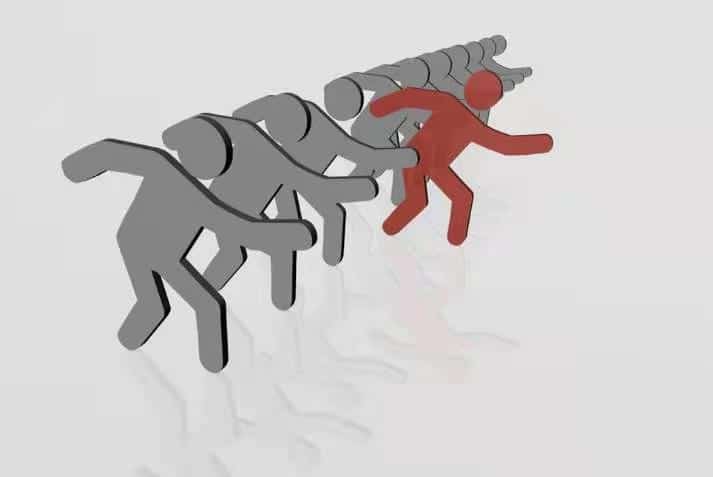
In China, government procurement services in the charity sector are mainly undertaken by social organisations. However, this trend might change. On the 18th of January, the Ministry of Civil Affairs, the National Health Commission and China Disabled Persons’ Federation jointly issued the Guiding Opinions on Actively Promoting Government Purchase of Community Rehabilitation Services for People with Mental Disorders. Although Guiding Opinions is only targeting community rehabilitation work for people with mental disorders, the service suppliers mentioned in this document include a much wider range of organisations than in similar documents previously.
Apart from social organisations (excluding social groups guaranteed by government financial allocations), another five types of suppliers are included in the Guiding Opinions. They are legally established enterprises, the second type of public welfare institutions (such as higher education institutions, non-for-profit medical institutions and non-for-profit schools), public institutions for production and business activities, rural collective organisations, grassroots mass autonomous organisations and individuals who are eligible and capable of offering services to the government.
Guiding Opinions on the Government’s Purchasing of Services from the Public, published in 2013 and issued by the General Office of the State Council set out that service suppliers of government procurement included “social organisations registered with the civil affair departments in accordance to the law or exempted from registration with the approval of the State Council, legally registered enterprises or organisations, and so on.” The 2013 Guiding Opinions document recognises service suppliers are mainly social organisations and enterprises but there are no explanations about what “and so on” exactly means. The Guiding Opinions published in 2021 makes it evident that this part will not be neglected.
In 2017, the Ministry of Civil Affairs, the Ministry of Finance, the Health and Family Planning Commission, and the China Disabled Persons’ Federation issued the Opinions on Accelerating the Development of Community Rehabilitation Services for Mental Disorders, which proposed a cross-departmental cooperation mechanism and open service platform to guide an encourage social organisations, public institutions, community organisations, households and individual citizens to participate in serving the target group. Regarding government purchased services, this document required related institutions to “encourage and guide social organisations to carry out community rehabilitation services for people with mental disorders through the government’s purchase of services.”
But the newly published Guiding Opinions has made it clear the scope of service suppliers has been expanded, which means more intense competition among service suppliers. Guiding Opinions has stressed fair and transparent selection of the best suppliers to undertake the government procurement of community rehabilitation services for people with mental disorders. Meanwhile, once the government has purchased services, relevant institutions need to strengthen supervision, inspection and effective evaluation to help form a fair, transparent and merit-based mechanism for future government purchases.
To make this mechanism come true, the Guiding Opinions requires that candidates must have the ability to independently bear civil liability, possess sufficient facilities, personnel and expertise for the provision of services. Candidate organisations must have operated with a sound internal governance structure, effective financial accounting and asset management systems, a good social and business reputation, and a good record of paying taxes and social insurance.
Guiding Opinions have also stated that government institutions shall guide social organisations’ capacity building to improve their skills and professionalism in medical rehabilitation, educational therapy, vocational rehabilitation, and social rehabilitation. Another core component is strengthening professional service teams of psychiatrists, social workers, nurses, psychotherapists, psychological consultants, public health physicians, rehabilitation specialists, community rehabilitation coordinators and other service personnel.
Civil affairs departments, health departments and disabled persons’ federations will be the main purchasers of the community rehabilitation services for people with mental disorders. Aside from services provided by laws and regulations or barring national security or confidential matters not suitable to the six categories of suppliers, government procurement contents will include: ‘
- Psychiatric rehabilitation and facilitating services. They include medication training, life skills training, disease and health management training, social skills training, outreach services, auxiliary education, employment support social inclusion activities and related third-party services.
- Institutional recuperation services. This mainly contains multi-level and diverse community rehabilitation services for patients with mental disorders provided by different types of service organisations.
The specific service contents, service standards and service quality shall be determined by the purchaser based on actual situations, and shall be clarified in service contracts. Yet, the service contents are likely to be refined, suggesting more services will be incorporated in the scope of government purchase.



